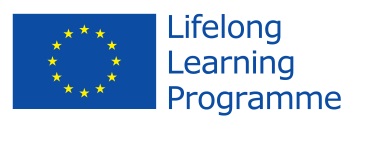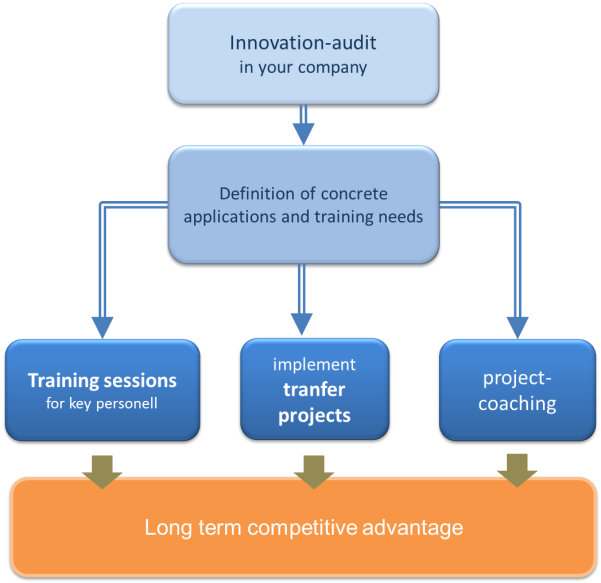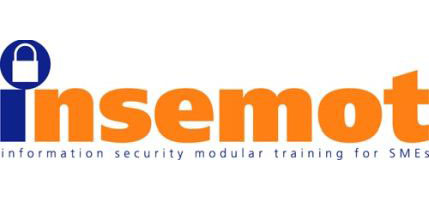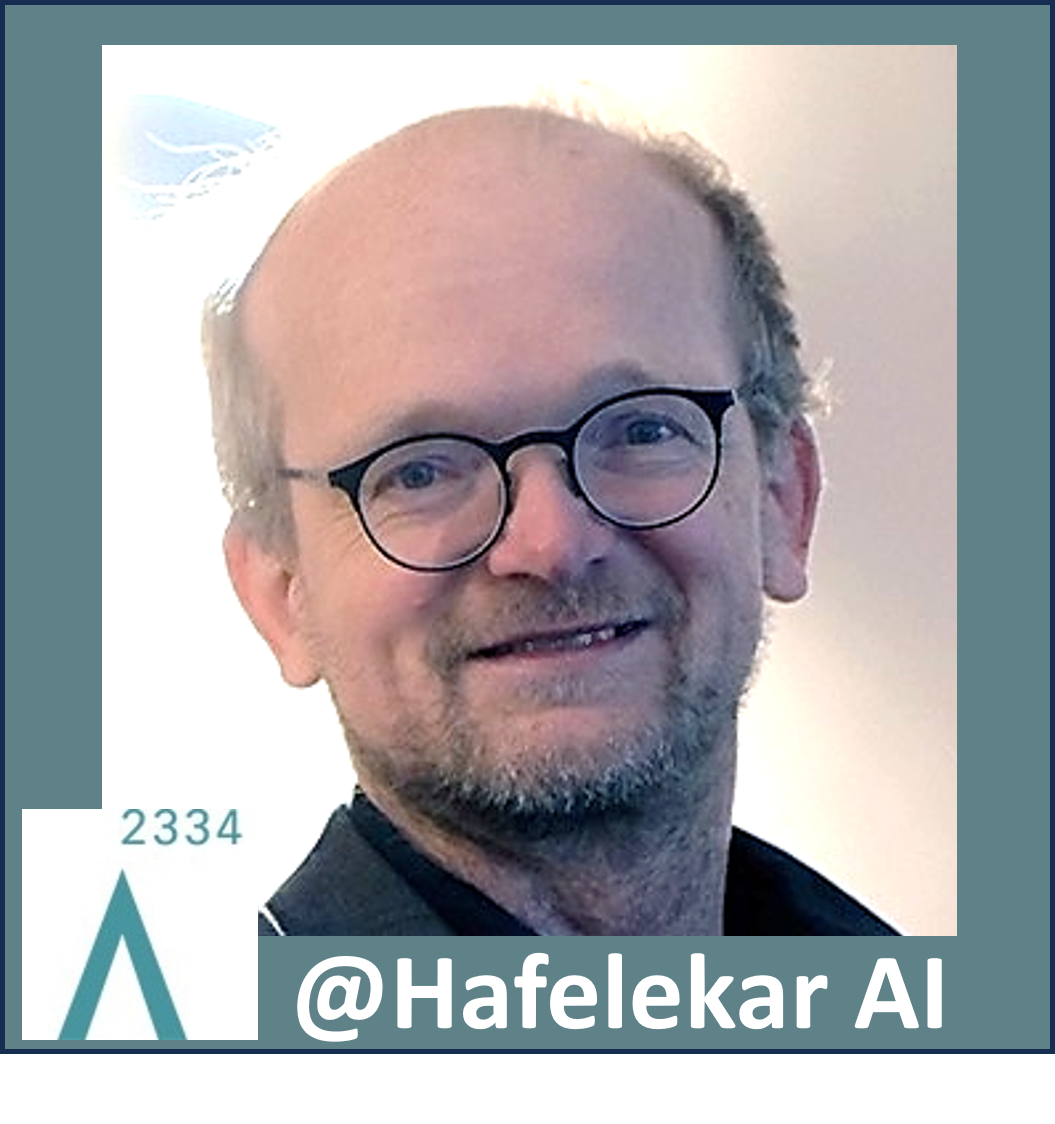
Volunteers in Playwork
The aim of Viper is to transfer a volunteer training course to improve the quality and reach of vocational education and training for adults thinking about working with children. Through collaboration the Consortium will incorporate EU best practice to support children’s play across Europe and transfer this training programme and volunteering model to become an EU recognised training course. The envisaged impact is the unique provision of an accredited EU training resource which will result in a more competent, knowledgeable, better trained, and coordinated volunteer play workforce across Europe, and increased levels of active citizenship and volunteering.
The project had three main aims:
- To adapt, develop and blend a play training course for volunteers which aims to support learners in gaining skills to improve their chances of employment through the acquisition of social and civic competences.
- To support training providers and organizations with the resources and training to deliver ‘Volunteers in Play – a route to employment’ course. The course will provide interactive educational resources. The course content will be available in the respective languages of all involved countries.
- To support learners to access volunteering opportunities within the childcare and out of school childcare sector, further to undertaking the ‘Volunteer in Play’ course.
Project duration
October 2013 till September 2015
Web
Hompage: www.viperproject.eu (not active, copy from Internet Archive web.archive.org)
Project Partners
Hafelekar Unternehmensberatung – Austria
University of Gloucestershire – England
Tokium Networks – Portugal
CESIE (Centro Studi ed Iniziative Europeo) – Italy
Roger SzemélyközpontúOktatásértAlapítvány – Hungary
Palacký University Olomouc, Faculty of Physical Culture – Czech Republic
Dumlupinar University Kutahya Vocational High School of Social Science – Turkey

This project has been funded with support from the European Commission. This communication reflects the views only of the author, and the Commission cannot be held responsible for any use which may be made of the information contained therein.













